DISCLOSURE: Sourced from Russian government funded media
By Russia Today
History records that on October 16, 1962, then-US President John F. Kennedy received information from the CIA about the deployment of Soviet missiles in Cuba. This event was the formal beginning of the Cuban Missile Crisis — the first, and for a long time, the only event in world history that brought humanity to the brink of nuclear war.
Back then, cool heads – who had not yet forgotten the horrors of a real war – were able to prevent a catastrophe. Whether today’s leaders will show the same restraint is far from certain.
Rhymes and echoes
Nineteenth-century American humorist Mark Twain famously said, “History never repeats itself, but it often rhymes.” Pakistani-British historian Tariq Ali is credited with a similar take: “History rarely repeats itself, but its echoes never go away.”
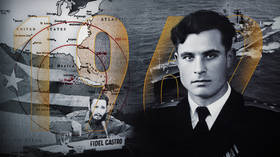
Either could have been referring to today’s Russia-Ukraine conflict, which seems to be rhyming with and echoing, a perilous episode from 60 years ago and 6,000 miles away – the Cuban Missile Crisis. Observers who recall the US-Soviet showdown of October 1962 can only hope that the latest confrontation between Washington and Moscow doesn’t require as much luck to avert a potentially planet-ending nuclear war.
The similarities – rhymes and echoes – are evident. For starters, the Ukraine and Cuban crises were both rooted at least partly in the same principle: A superpower can’t stand idly by when a geopolitical rival upsets the security balance between them.
In 1962, the trigger was the secret placement of Soviet missiles in Cuba, right on America’s doorstep. Soviet leader Nikita Khrushchev, who ironically grew up in what was then Ukraine, saw the move as a way to protect the island against a US invasion after the failed Bay of Pigs assault in April 1961, as well as a tit-for-tat response to the Pentagon’s deployment of Jupiter missiles in Turkey and Italy, which positioned Washington’s nuclear warheads to hit the USSR’s territory in as few as ten minutes. At the time, the long-range missiles in Soviet territory took hours to fuel up and fire, meaning a delayed response to a US first strike.
“Since the Americans have already surrounded the Soviet Union with a ring of their military installations, we should pay them back in their own coin and give them a taste of their own medicine so that they find out for themselves how it feels to live as a target of nuclear arms,” Khrushchev was quoted as saying by Aleksandr Alekseev, then Moscow’s ambassador to Cuba.
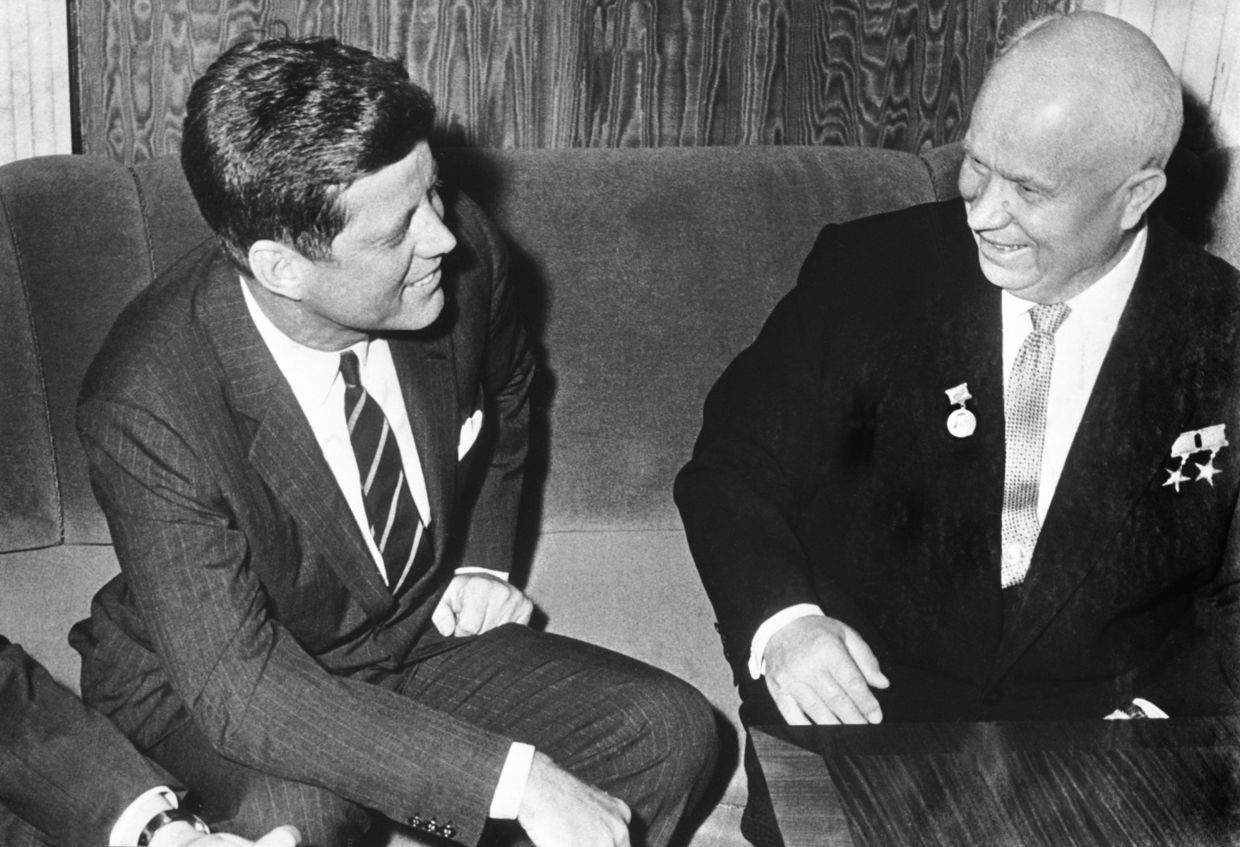
US President John F. Kennedy didn’t see it that way when a U-2 spy plane spotted surface-to-surface missiles in Cuba on October 16. As Ukrainian-born author Sergey Plokhiy wrote in his 2021 book, ‘Nuclear Folly,’ Kennedy was initially inclined to order an attack on the missile sites, which easily could have escalated into a Soviet response and, eventually, mushroom clouds on both sides.
The American president wasn’t yet aware that the Soviets had already shipped nuclear warheads to Cuba. Nor did he know that the USSR had 43,000 troops on the island, as well as tactical nukes that could be used to destroy a US attack force. But Kennedy knew that having Soviet ballistic missiles just across the Florida Straits – Havana is only about 1,100 miles from Washington and 230 miles from Miami – was intolerable and potentially gave the USSR the ability to win a nuclear war with the US.
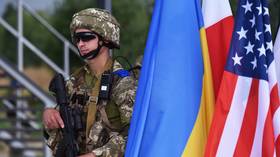
Russia has raised similar concerns about NATO’s eastward expansion. The Western military bloc was formed to ensure collective security against the USSR, but instead of reaping a peace dividend after the Soviet collapse in 1991, it has expanded to 30 states, nearly doubling in size. It also placed strategic weapons in Eastern Europe, which Moscow perceived as a threat.
As if those moves weren’t provocative enough, NATO has also pledged to eventually push into Ukraine and Georgia, which would expand its reach into two former Soviet republics on Russia’s borders. Tensions escalated further when a US-backed coup overthrew Ukraine’s elected government in 2014, setting off a war between Kiev and separatists in the Donbass that left an estimated 14,000 people dead even before Moscow began its military offensive last February.
Some observers have blamed the US and NATO for provoking the conflict. “As the one who started the Ukraine crisis and the biggest factor fueling it, the US needs to deeply reflect on its erroneous actions of exerting extreme pressure and fanning the flame on the Ukraine issue,” Chinese Foreign Ministry spokesman Zhao Lijian said in July.
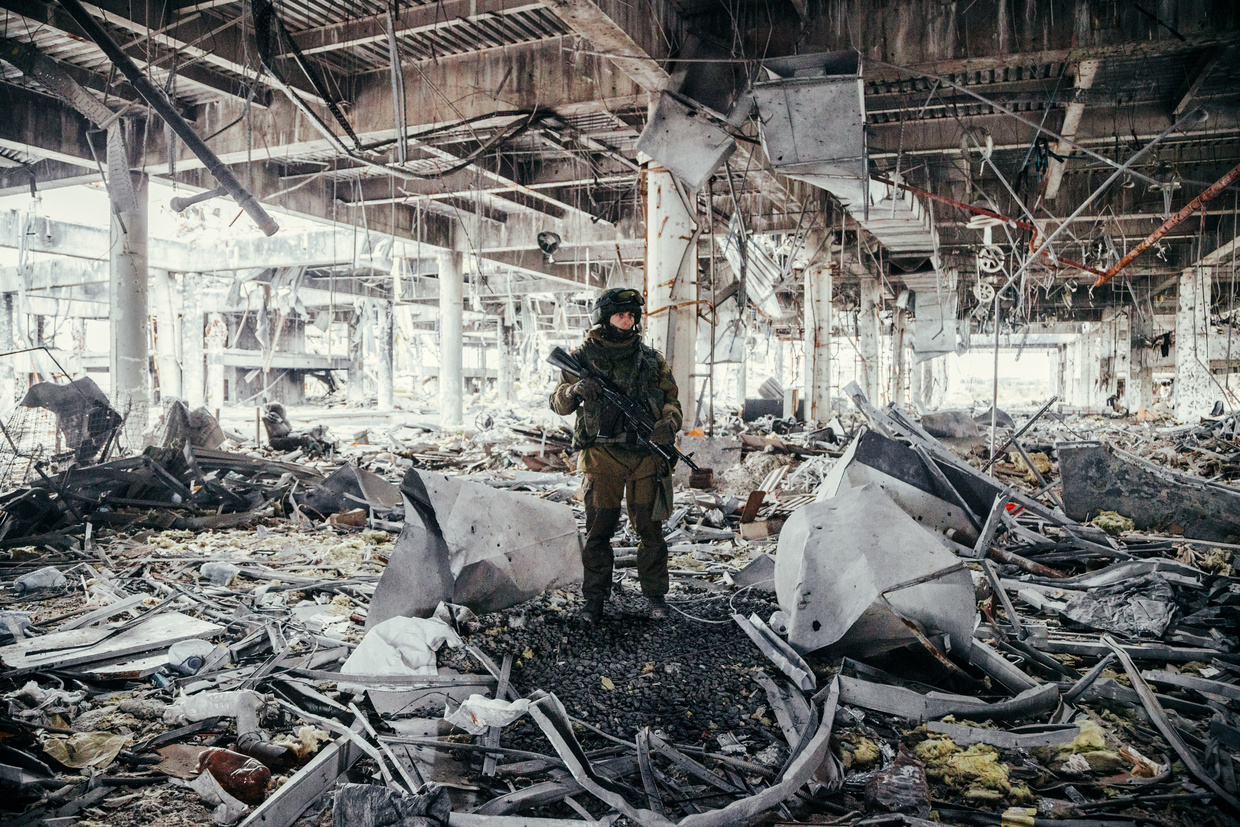
Pope Francis claimed in June that World War III had already been declared and reiterated his claim that NATO may have triggered the crisis. He cited an unidentified world leader who told him that the bloc was “barking at the gates of Russia” and pushed back against criticism that he had failed to condemn Russian President Vladimir Putin.
I am simply against turning a complex situation into a distinction between good guys and bad guys, without considering the roots and self-interests, which are very complex.
NATO isn’t just a casual association of states. As UK cabinet minister Sajid Javid noted in February, shortly before the Russian offensive started, an encroachment on one member is an encroachment on all. He even referred to the 30 member states as “NATO territory,” as if the bloc were one giant nation.
In terms of security, it may as well be one country. As Article 5 of the NATO treaty states, an armed assault on one member is considered an attack on all. That was a heavy responsibility when NATO started with 12 close allies. It has become a far more precarious pledge with expansion eastward. A dust-up in Skopje or Tallinn, even if justifiable, could have just as much potential to trigger a nuclear conflagration as an attack against Berlin or Paris.
And what if one of the little brothers is a bad actor, essentially provoking a fight that the big brothers are bound to finish? From Russia’s perspective, Ukraine would pose just such a risk. Putin has accused Kiev of committing “genocide” against Russian speakers in Donbass, and Ukraine has failed to implement the Minsk agreements, the protocols brokered by Germany and France to bring peace to the region. Russia also has called for the “denazification” of Ukraine.
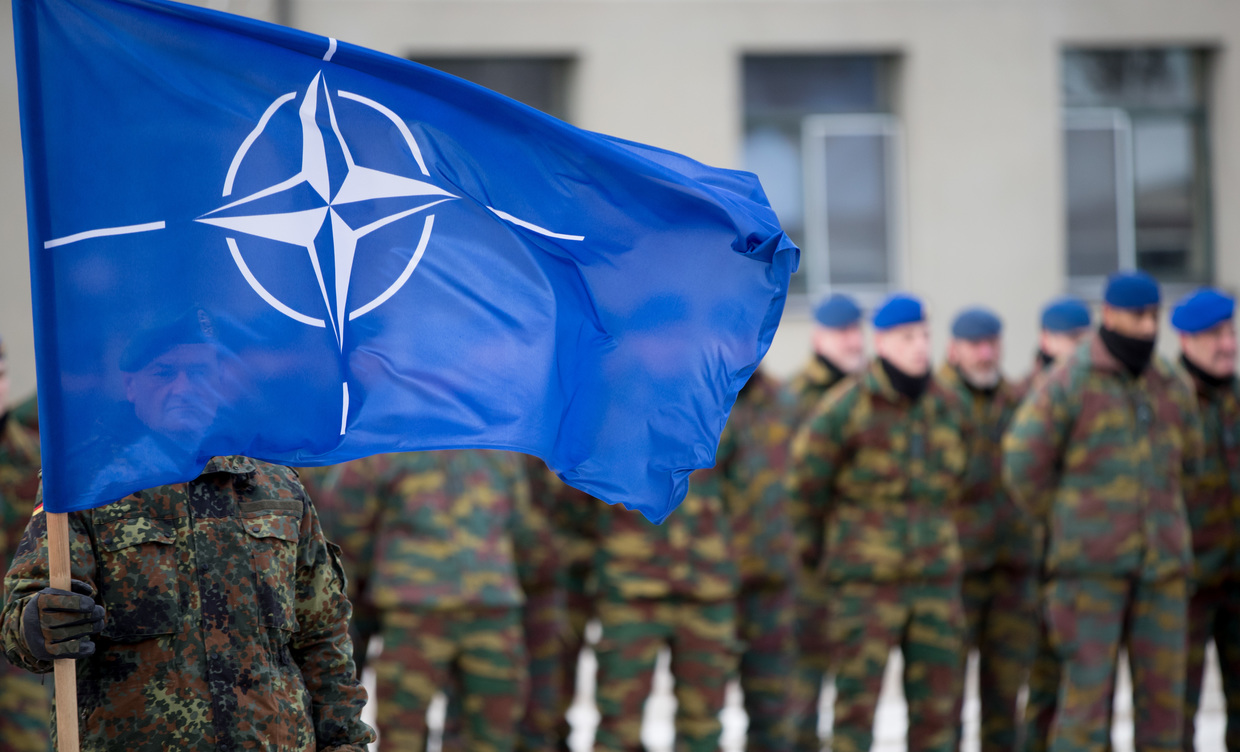
Moscow’s envoy to Washington, Anatoly Antonov, tried to explain Russia’s security concerns to a CBS News interviewer just four days before tanks rolled across Ukraine’s borders. Geopolitical rivals mustn’t trample on the principle of ‘indivisible security’, meaning neither NATO nor Russia should be allowed to strengthen its own security at the expense of the other party, he said.
In that context, adding Ukraine to NATO would be “not possible for us to swallow,” Antonov explained. His next comment made clear why such tactics aren’t in the interest of NATO member states, either:
You’ll see that there’s no space for us to retreat.
World War I was supposed to have taught politicians that hair-trigger alliances can bring unintended consequences, such as when the assassination of an Austrian archduke in Sarajevo set off a global conflict that killed or maimed 40 million people. The resulting carnage was so devastating that it was supposed to be “the war to end all wars,” though tragically, rival blocs were going at it again – with even more deadly consequences – just 21 years later.
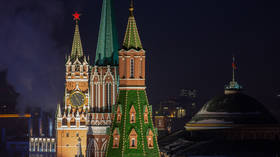
Songs of the war hawks
Cuba, an island nation of 7.5 million people known for sugar plantations, cigars, and casinos before revolutionary forces led by Fidel Castro overthrew US-backed dictator Fulgencio Batista in 1959, might have seemed like an obscure battleground to nearly bring Washington and Moscow to thermonuclear blows. However, given its proximity to the US, Castro’s seizing of American-owned assets, and Washington’s Cold War domino theory on the spread of communism, it’s easy to see why the stakes were so high.
Castro, who went on to rule Cuba until 2008 and died in 2016, was arguably just the sort of little brother who could stir up conflict in his neighborhood.
He allegedly ordered the shootdown of an American U-2 spy plane at the height of the October 1962 crisis, and even after Khrushchev and Kennedy agreed on a deal to end the conflict – including a US guarantee against invading Cuba and an unofficial promise to remove the Jupiter missiles in Turkey – the generalissimo demanded a nuclear first strike against Washington.
Castro also refused to allow the verification measures that the US insisted upon to close the agreement, leading to humiliating inspections of Soviet ships at sea on their return voyages to take the missiles back home.
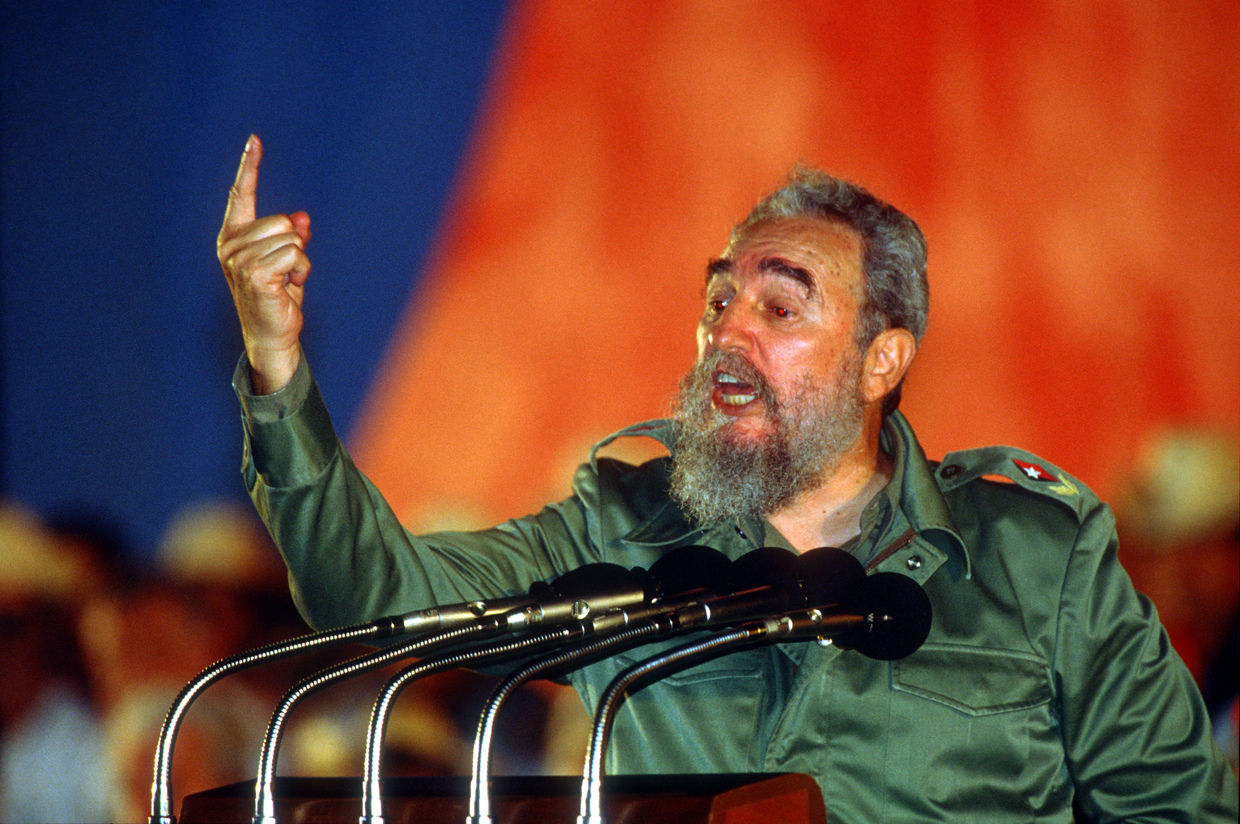
There were plenty of hawks on the US side, too. US Air Force General Curtis LeMay, who once acknowledged that he would have been tried as a war criminal if the US lost to Japan in World War II, wasn’t satisfied with Kennedy’s plan to blockade Cuba.
He advised the commander-in-chief to deploy the US Navy and Strategic Air Command to surround the island nation and, if necessary, “fry it.” He considered it America’s “greatest defeat” when Kennedy and Khrushchev negotiated a peaceful solution. As the peace deal was coming together, LeMay demanded an assault on Cuba the next day.
There were several incidents during the crisis that could have set off a devastating chain of events. At the time, the US Strategic Air Command was placed on DEFCON 2 status for the first time ever.
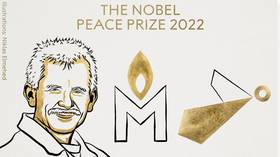
That’s why two US F-102 interceptor jets were armed with nuclear-tipped missiles when they flew out to escort a U-2 that had gone missing during a mission to collect air samples over the North Pole on October 27. The spy plane had strayed into Soviet airspace, which could have prompted a tragically panicked response.
Khrushchev later noted that the plane could have been mistaken for an American nuclear bomber, “which might [have] push[ed] us to a fateful step.” And luckily, the Soviet MiGs that chased the U-2 over the Chukotka Peninsula turned back rather than provoke a conflict with the nuclear-armed F-102s as the spy plane re-entered US airspace.
That incident wasn’t even the scariest close call that day. As Plokhy recounted in his book, Soviet submarine commander Vasily Arkhipov likely prevented nuclear war during a hair-raising encounter with a US Navy convoy. Arkhipov was chief of staff for a group of four diesel-powered subs that had been sent to the region to help protect Soviet ships, and he was aboard one of them, the B-59.
The sub was operating in international waters of the Sargasso Sea when it was detected by US forces, which dropped non-lethal depth charges to try to force it to the surface. Aboard the sweltering B-59 with communications shut off, officers perceived that their vessel was under attack, perhaps at the start of World War III. The Soviet captain, Valentin Savitsky, ordered that the sub’s nuclear-armed torpedo be prepared to fire.
“We’ll hit them with everything we’ve got,” Savitsky reportedly said. “We’ll die, but we’ll sink them all. We won’t disgrace the fleet.”
Savitsky agreed to surface only after having his nuclear weapon readied in its tube. When a Navy plane dropped flares to get a better photo of the B-59, the Soviets again thought they were under attack, and the captain ordered an emergency dive. But before going back into the sub, Arkhipov looked back and saw a searchlight on the USS Cony signaling an apology. Savitsky and the political officer on board the B-59 agreed to a nuclear launch, but Arkhipov vetoed the decision.
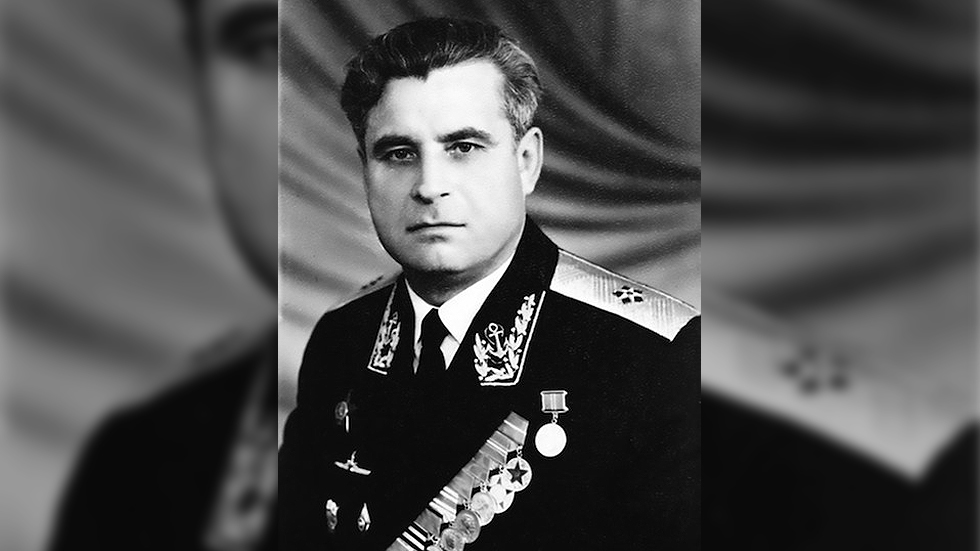

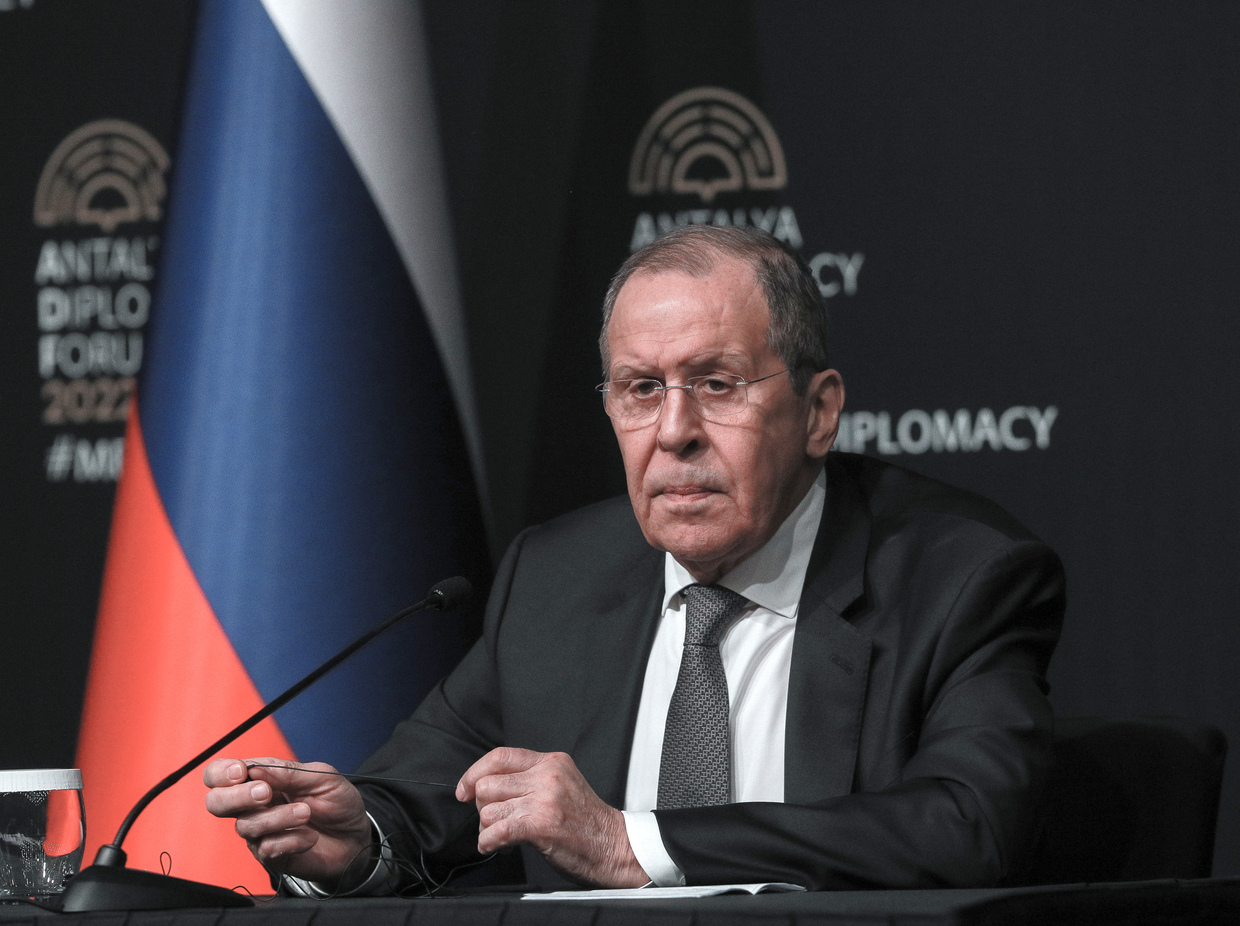
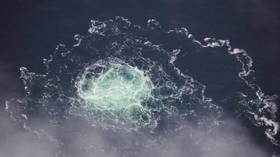
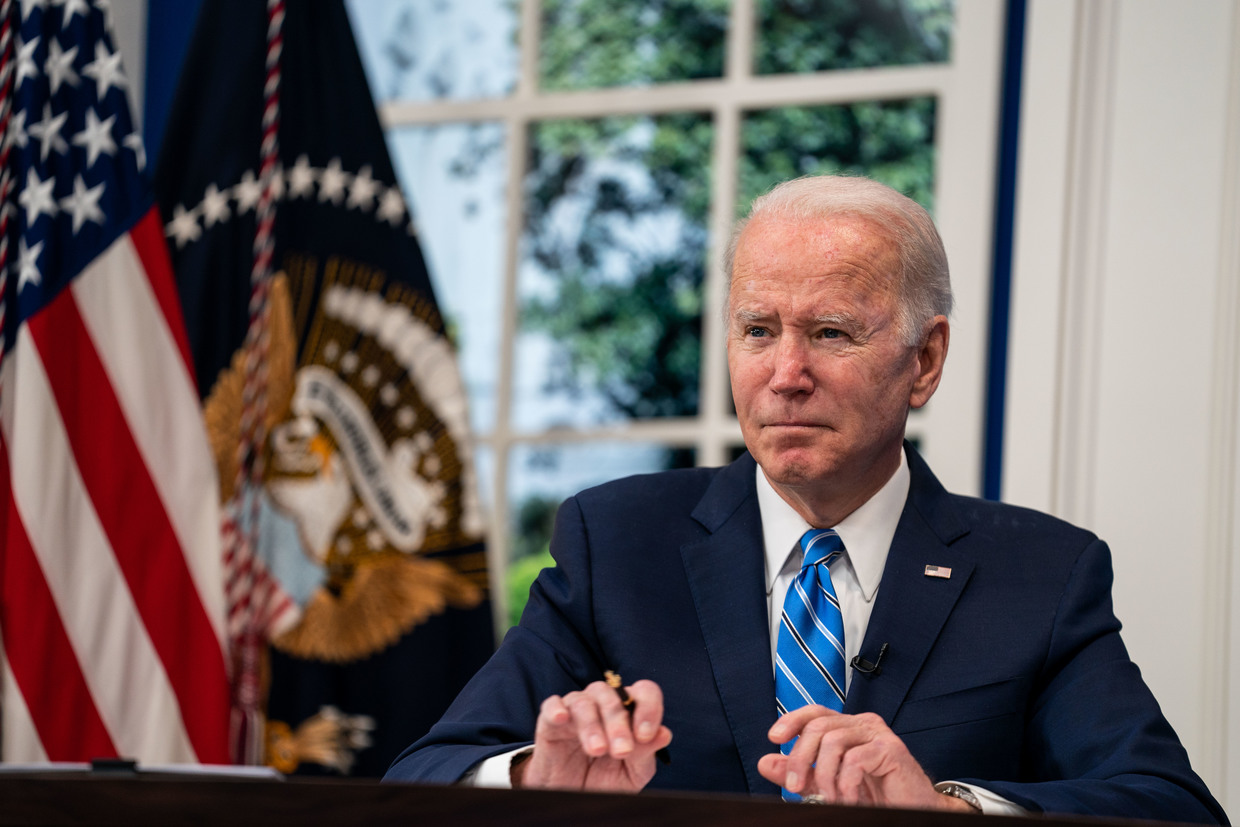






Thank you for this post. Vasily Arkhipov – I have his photo on my office wall. I collect and connect “dots” is a search for truthfulness. A master “dot” – Cui Bono (to whose benefit). Been following Tom Luongo for awhile. HE has help be connect a bunch of dots. Consider: Tom Luongo: What the WEF has in store for you https://odysee.com/@LibertyLockdown:8/tom-luongo-what-the-wef-has-in-store-for:6
I tend to think the Soviet Union/Russia and China and the West have been playing out a Luciferian script for over a century, with the devil as the unseen evil symphony conductor. “The locusts have no leader, yet they attack in formation.” (Proverbs 30:27) I think the threat of nuclear war has been part of that script all along, with never any intention of it happening. The leaders of every country are members of secret societies in league with the unmentionable Tribe ruling over all. They’re working toward a One World Govt. with its capitol in Jerusalem and their “Messiah,” aka the Antichrist ruling over all. See G. Edward Griffin’s interview with Norman Dodd. See also the article “Grave Reasons of State” by Gary Giuffre.
“The eye sees only what the mind is prepared to comprehend.” Robertson Davies. Per your recommendation, I read and plan more study of “Grave Reasons of State” by Gary Giuffre. Collect and connect “dots.” Cui Bono (to whose benefit)? Thank you.
I listened to the Norman Dodd interview. A transcript is available here: http://www.supremelaw.org/authors/dodd/interview.htm Encourage all to collect and connect “dots.” Thank you for these very insightful “dots.”
Where I got this from:
French aeronautical expert, Michel Brun, in his book Incident at Sakhalin: The True Mission of KAL Flight 007. It has been supported by a former American diplomat to Moscow, John Keppel, and the American association Foundation for Constitutional Government.[33]
Wikipedia article link
https://en.wikipedia.org/wiki/Korean_Air_Lines_Flight_007_alternative_theories
On subject of close calls to WW3, I have posted here before about a friend who grew up down street from me, in 1983 told that his dad told him (who is a big wig executive at Boeing) that KAL 007 shot down by Soviet fighter (supposedly) was actually on a mission to test electronic warfare radar blocking stuff, and it was the lead ship first flying right across the Kamchatka peninsula (Russia) then proceeded down to Sahkalin Island (Russia) then got shot down there….
Behind the lead “radar blocking: KAL 007 was a whole bunch of US military plans, and they all got shot down too. Then I mentioned that the head of the John Birch society Representative LArryy McDonald was on that lead plane and was killed. This guy super anti-communist crazy guy right wing to extreme. Also the very next day Senator Henry M Jackson suddenly died of a heart attack (he the “Bpeing’ senator from Seattle area.
So I went to wikipedia and google to verify dates and names etc. and found there is a book written by a french guy years later, that backs up near exaclty what my friend told me in 1983.
Here in next post is a quote from wikipedia about it
According to this book, the USSR was not guilty. The massacre of Flight 007 was directly caused by the Americans or Japanese. KAL 007 was involved in a spy mission intended to trigger Soviet air defences and to cover up for the missions of several USAF surveillance aircraft. Soviet Fighters attacked these aircraft but did not destroy KAL 007 which crashed far away from Sakhalin in Japanese “friendly” territory in the Japanese sea near North Honshu.
The Korean aircraft was correctly communicating with other KAL crews, forty-six minutes after the official time of the shootdown. A large air battle allegedly occurred between the Soviet Air Force and the USAF, during which the Soviets shot down several American aircraft, including an RC-135, an EF-111 and probably even an SR-71. The SU-15 pilot, Major Osipovich, flew two sorties and shot down two targets (contradicted by the 1991 interview with Osipovich[34]). Furthermore, for a long time all the experts believed that the Soviet fighter pilot was called Major Kazmin.[35] Michel Brun believes that Kazmin and Osipovich twice destroyed an aircraft, but absolutely not the KAL 007. According to the theory, the whereabouts of the KAL-007 wreckage is not known to anyone, but is probably 500 kilometres (310 mi) away from Moneron Island down the coast of Japan. The theory postulates further that the real cause of the destruction is not known, but could have been a surface-to-air missile fired from USS Badger
Comments are closed.